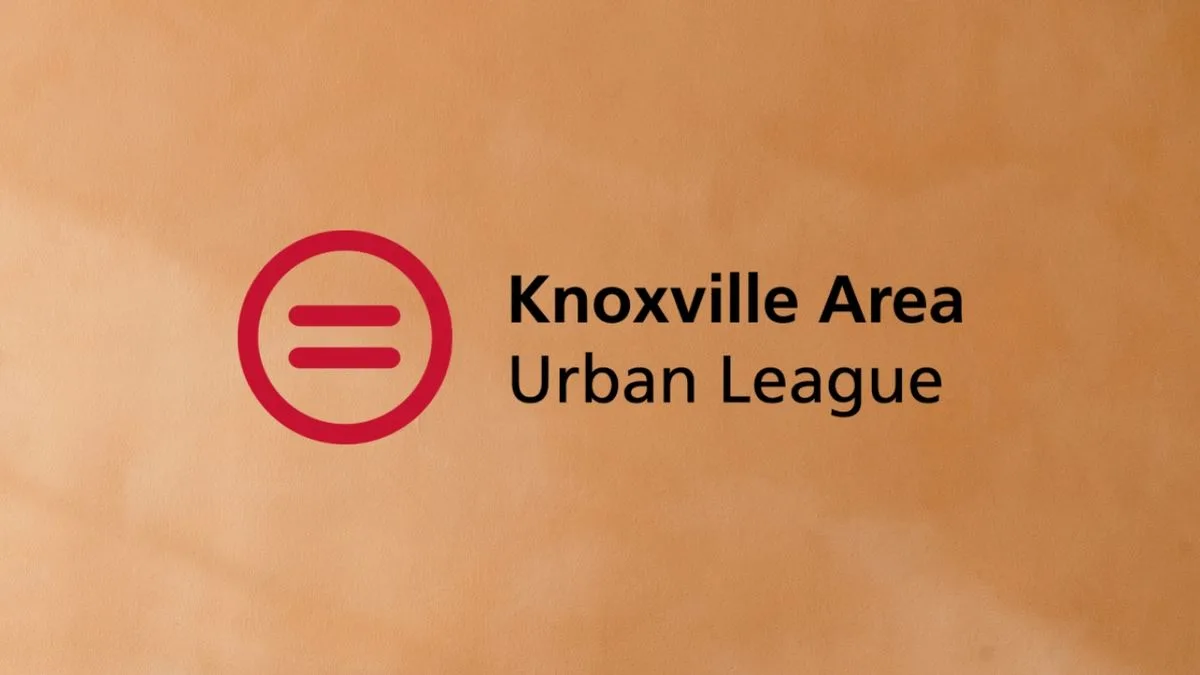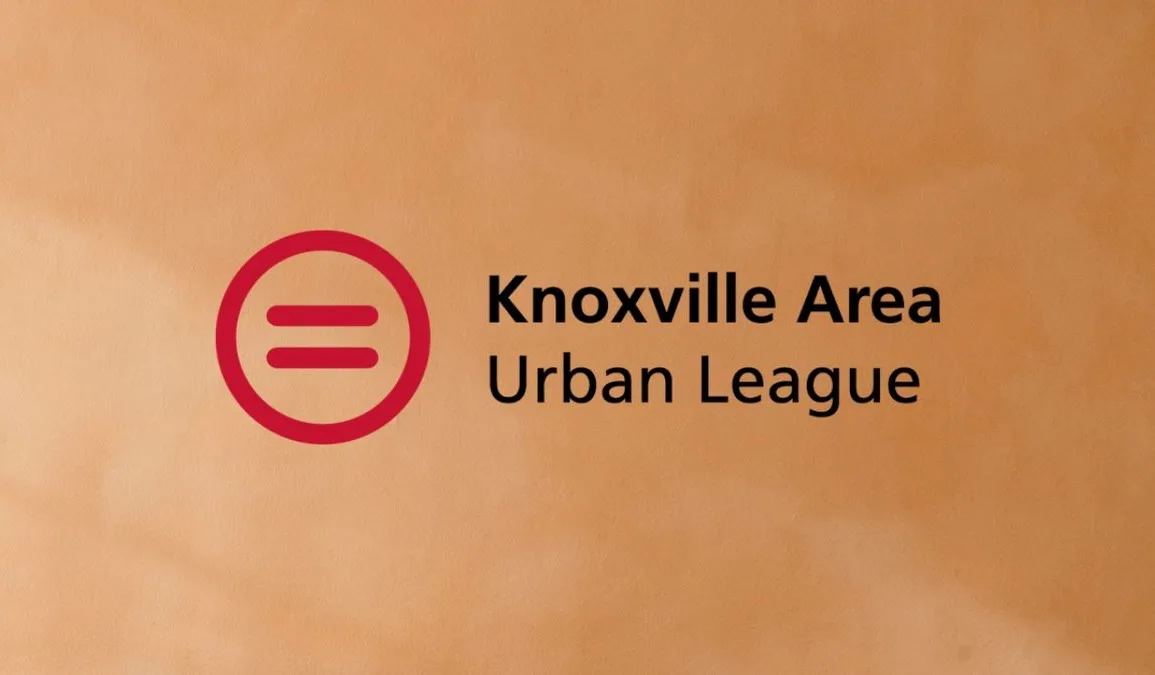
In Knoxville, Tennessee, an innovative partnership emerges as the Knoxville Area Urban League and the American Heart Association band together in February, a month that celebrates both Black History and National Heart Health. This collaboration aims to bridge the gap in heart health education and care accessibility for Black and underserved communities, marking a significant step towards health equity.
Addressing Heart Health Disparities
With February serving as both Black History Month and National Heart Month, the timing for this partnership could not be more pertinent. The initiatives launched by these organizations focus on the critical need for equitable access to heart health resources. This collaboration not only highlights the existing disparities in healthcare but also puts forth a robust plan to tackle these issues head-on, ensuring that critical information and care reach those most in need.
Empowering Homeownership and Financial Security
Aside from their focus on heart health, the Knoxville Area Urban League, as a HUD-certified Housing Counseling Agency, plays a pivotal role in empowering individuals towards homeownership. This initiative is particularly crucial for Black Americans, aiming to enhance their financial security and promote generational wealth. Homeownership is often seen as a key factor in improving living conditions and fostering economic growth within communities, making this effort a cornerstone of the League’s mission towards community upliftment.
Community Impact and Future Prospects
The partnership between the Knoxville Area Urban League and the American Heart Association is a beacon of hope for many. By addressing health disparities and promoting homeownership, they are laying down the groundwork for a healthier, more prosperous future for Black and underserved communities in Knoxville. The ongoing efforts of these organizations are expected to have a lasting impact, driving positive change and contributing significantly to the community’s overall growth and wellbeing.
As this partnership unfolds, the anticipated outcomes include not just improved health metrics but also a stronger, more resilient community empowered by the knowledge and resources to thrive. This initiative serves as a model for similar collaborations nationwide, underscoring the importance of targeted efforts to address systemic inequalities and foster inclusive growth.


